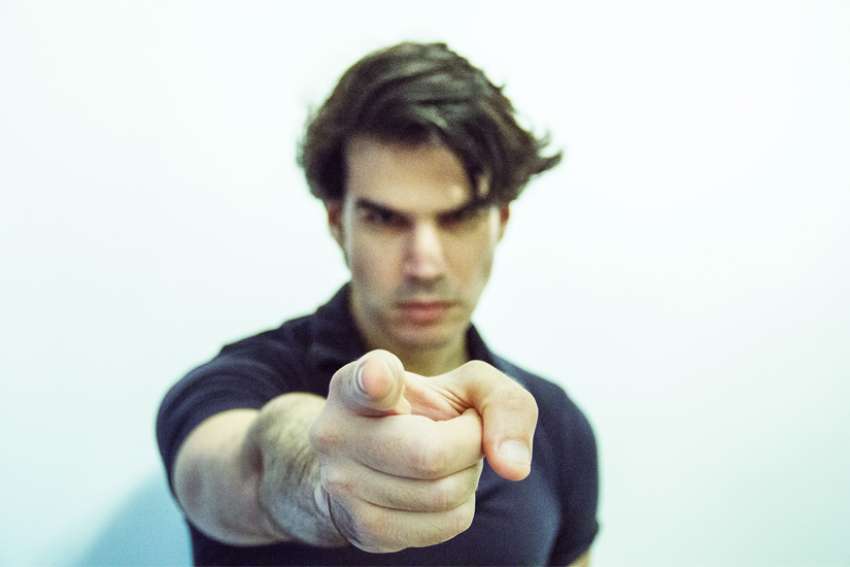The report on mother and baby homes in Ireland, released in January, gives one example of cruelty in the cause of morality. The institutions housed women and girls who became pregnant outside of marriage, worked them tirelessly and forced many mothers to surrender their babies for adoption. “Numerous testimonies recounted experiences that involved cleaning, polishing floors and domestic laundering, with no concession for women who were often in their final trimester of pregnancy,” said the report commissioned by the Irish government.
The mother-and-baby homes were an outgrowth of the Magdalene laundries, founded as charitable institutions in Ireland to help “fallen women.” Some women were confined to the laundries for life, working long hours in poor conditions with bad food, no pay and little or no health care or education. In one instance, 155 corpses were unearthed in a mass grave on the grounds of a convent which operated one such laundry.
Such was the consequence of severe moral judgments made upon women who became pregnant outside marriage. Acknowledging the Catholic Church’s leading responsibility in the homes, Bishop Paul Dempsey of Achonry, N.I., said “the Church had a distorted view of sexuality that seemed obsessive.”
The destructive effects of self-righteous morality are also evident in the political and social polarization which currently grips the United States and other Western nations. Culture wars result from two sides each claiming the high moral ground and demonizing those with differing views. No dialogue can take place between groups which regard themselves as the defenders of good and their opponents as the incarnation of evil.
In his encyclical Fratelli Tutti, Pope Francis reminds us, “Authentic social dialogue involves the ability to respect the other’s point of view and to admit that it may include legitimate convictions and concerns.” Self-righteousness invariably blinds a person to their own sinfulness and others’ goodness. All humans are ambiguous blends of good and evil. Failing to recognize our own propensity for evil, we rationalize doing evil so that good may prevail. Thus, morality is stood on its head. Good ends never justify immoral means, but it is easy to treat one’s own actions as the exception to this tenet. In the furthest extreme, we rationalize dropping atomic bombs on innocent civilians by contending that doing so will save lives in the long run.
Self-righteousness can also lead us to engage in what anthropologist Joan Halifax calls “recreational bitterness.” Here, one criticizes small steps taken toward justice because they are not as large as the ones we prefer. The perfect becomes the enemy of the good. Such comfortable cynicism encases us in our moral superiority. It also undermines the potential to form alliances for justice among those who agree on basic principles.
Personally, I struggle to overcome my idealism and negative judgments of less-than-perfect solutions to societal problems. I need to frequently remind myself that in a diverse and broken world, politics is the art of the possible.
Self-righteous moralizing harms society, but it also injures the moralizers themselves. By judging hastily, we freeze our hearts. We may even block out part of our past to spare ourselves the pain of remembering. Post-traumatic stress syndrome tends to be associated with heinous acts done to us. But we can also be traumatized by the harm we do to others.
It’s Lent. While we should set high moral standards for ourselves, we do well to show mercy to those who have gone astray. We need to awaken to our own sinful state, so we refrain from hypocritical judgments. We also should strive to find the good in those whose stands on public issues we deplore. Too often, we engage in excommunication when we should opt for dialogue.
And we should tune into our own inner life. There, we can recall moments when the divine has spontaneously touched us. In doing so, we may realize that others, even those we look down upon, have had similar moments. In that realization, we may take the first step toward realizing that the detested ones are actually our brothers and sisters.
(Argan writes online at glenargan.substack.com)


